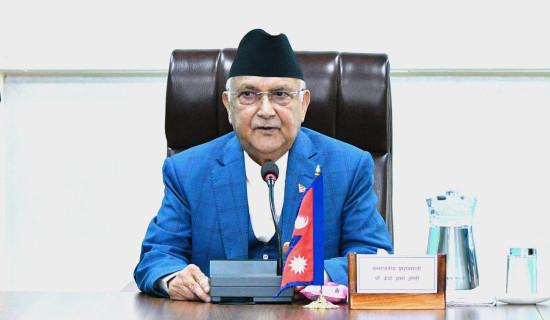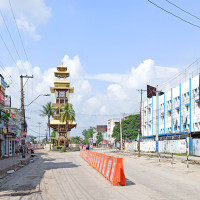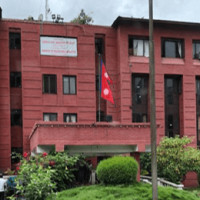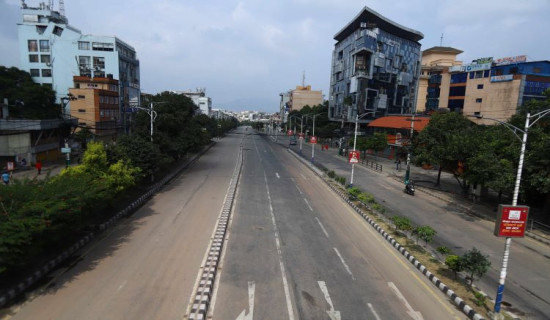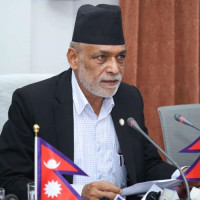- Tuesday, 9 September 2025
One in five in Tanahun still unable to read or write
By Amarraj Naharki,Tanahun, Sept. 9: An educated society is considered the foundation of development, yet in Tanahun district, around one in five residents still cannot read or write. According to data released by the Education Development and Coordination Unit of Tanahun, only 81.6 per cent of the district’s population is currently literate, leaving approximately 18.4 per cent still illiterate.
As per the National Census 2078, the total population of Tanahun stands at 321,153, comprising 150,094 males and 171,059 females. Based on this data, more than 58,000 people in the district are still unable to read and write.
The situation is particularly concerning among women. According to Unit Chief Krishna Prasad Shrestha, while the literacy rate among men has reached 89 per cent, it remains limited to just 72.2 per cent among women.
“It is concerning that one in five individuals in the district is still deprived of education, particularly women. This issue needs to be addressed through a targeted campaign,” said Shrestha.
He emphasised the need to make adult education classes, literacy training, and community programmes run by local governments more effective. Shrestha believes that literacy can be improved by introducing programmes that integrate education with income generation and employment opportunities.
“There is a need to link literacy with political, social, and economic issues. For instance, if voter education is tied to literacy, it could help reduce the number of invalid votes,” he added.
Shrestha suggested that political party affiliates and social organisations should give higher priority to literacy initiatives. He proposed launching a campaign such as “One Literate Person Educates One Illiterate Person”. Additionally, he suggested awarding marks in social studies subjects as an incentive for students who help teach others.
Educationists argue that literacy goes beyond the basic ability to read and write. It directly contributes to skill development, income generation, and social inclusion. Illiteracy, on the other hand, not only limits employment opportunities but also hampers equal participation in society.



